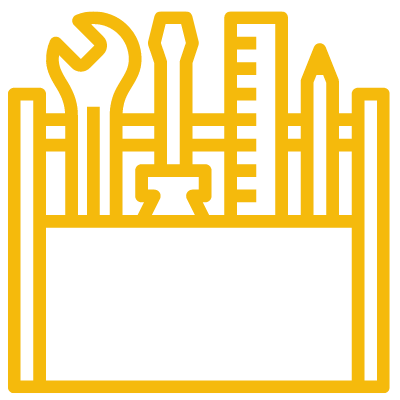FPVM 2024
3rd International Workshop on Foundations and Practice of Visual Modeling
co-located with MODELS 2024
Linz (Austria), 22-27 September 2024

Linz (Austria), 22-27 September 2024

The sheer complexity of software systems nowadays makes modeling artifacts pervasive throughout development, be it use requirements, analysis, design, or development. Whether models are used for communication or prescriptive purposes, their syntax and pragmatics affect usability and represent contributory factors concerning accidental complexity. The diversity of modeling notations and approaches permits classifying them according to different taxonomies. General-purpose and domain-specific modeling languages can be created with different intended scopes. However, all of them can use graphical, textual, maps, matrices, tables, and combinations regarding their concrete syntax. These representations have the undoubted advantage of capturing and increasing understanding of complex software systems and better grasping their rationale. In essence, a visual modeling language creates a joint base for the modeler by improving communication and laying a solid foundation for the implementation.
FPVM 2024 aims to promote and foster discussions on visual modeling languages, including novel and visionary ideas and techniques, notations for the generations of support tools for visual languages, and the usability of tools and meta-tools.

Topics of interest are but are not limited to
We solicit papers of the following types:
Contributions must be written in English, adhere to the ACM Style for both LaTeX and Word users, and be submitted through EasyChair.
LaTeX users must use the provided acmart.cls and ACM-Reference-Format.bst without modification, enable the conference format in the preamble of the document (i.e.,
\documentclass[sigconf,review]{acmart}), and use the ACM reference format for the bibliography (i.e.,
\bibliographystyle{ACM-Reference-Format}). The review option adds line numbers, thereby allowing referees to refer to specific lines in their comments.
All submissions must be original work and must not have been previously published or being under review elsewhere.
The accepted papers will be published in the joint volume of proceedings for the MODELS 2024 satellite and co-located events.
For each accepted paper and abstract, at least one of the authors must register for the workshop, participate fully in the workshop, and present the paper at the workshop.
Amleto Di Salle, Gran Sasso Science Institute, L’Aquila (Italy)
Copyright © 2024 Template by Inovatik